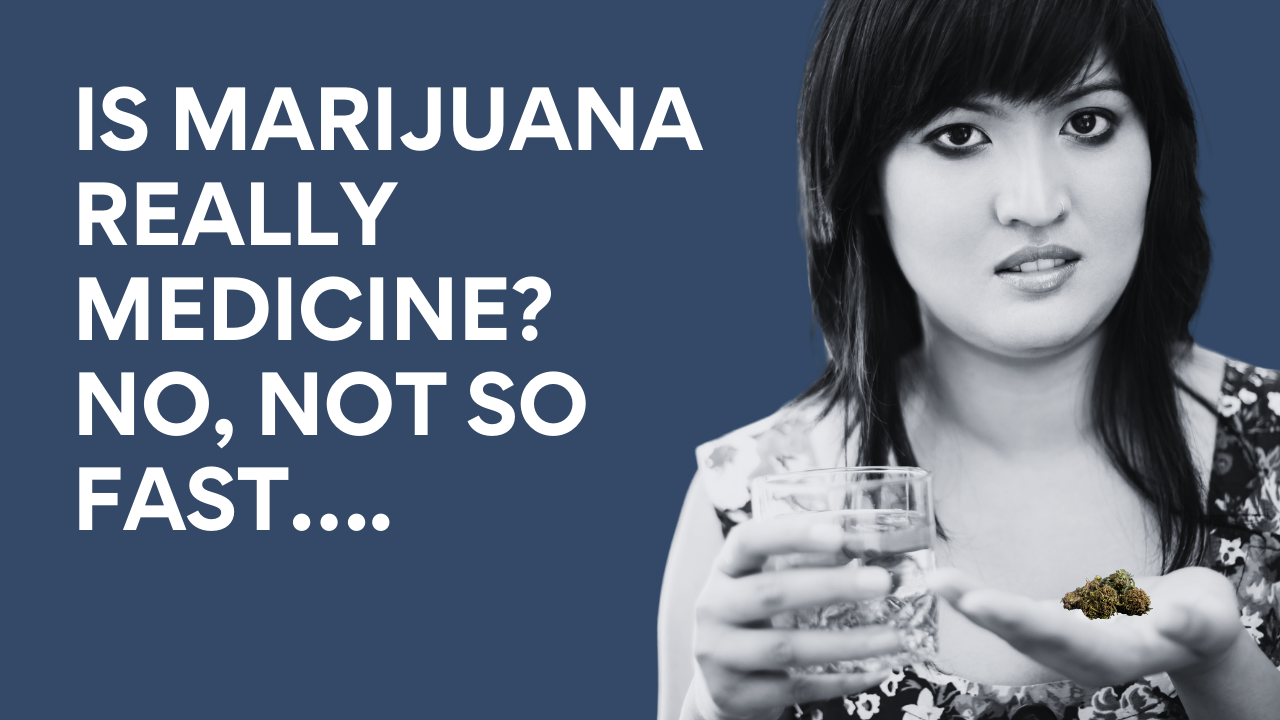Posted on June 7, 2023 View all news
North Carolina is considering a bill to legalize medical marijuana. Supporters of this expanded legalization tout marijuana as a magic cure-all for many conditions despite the recent study published in Psychological Medicine that concluded 30% of young men would not have schizophrenia if it were not for their cannabis use.
Medical marijuana products can be smoked, vaporized, or eaten, with inconsistent results across each delivery method. The amount of THC can vary widely, from 1% to almost 100%, and the THC-to-CBD ratio is not regulated. Different strains are purported to produce different effects but somehow can treat any condition. Also, these products contain impurities or contaminations like heavy metals, mold, and pesticides.
During the current campaign to expand legalization, there is a blatant lack of evidence presented for public scrutiny in legislative initiatives and state ballots. Apart from its glaring shortcomings as a legitimate medication, marijuana also contributes to numerous mental health problems, including:
- Deepened depression
- Heightened anxiety
- Suicidal ideation
- Cannabis-induced psychosis
- Cannabis Use Disorder
- Hindered recovery from other addictions
- Damage to the brain’s pleasure center
If passed, it would allow doctors to prescribe cannabis products to patients with certain specific illnesses, including:
Cancer, though a 2019 review suggests that marijuana compromises the body’s ability to fight cancer.
Epilepsy, even though patients already have access to Epidiolex, an FDA-approved medicine containing CBD prescribed to treat seizures, and other studies show evidence that cannabinoids can induce seizures. A 2017 study conducted by researchers at the University of Tsukuba in Japan found that both natural and synthetic marijuana may induce seizures, even in people who do not have epilepsy.
Crohn’s disease is a kind of inflammatory bowel disease characterized by abdominal pain, diarrhea, fever, and weight loss. Sufferers may turn to marijuana for relief; however, the drug can cause cannabis hyperemesis syndrome, which causes nausea, uncontrollable vomiting, and severe abdominal pain leading to dehydration, electrolyte imbalance, kidney failure, and even death. ~ Dr. Sam Wang, MD, Pediatric Emergency Medicine Specialist and Toxicologist, Children’s Hospital Colorado states, “They are writhing, holding their stomach, complaining of really bad abdominal pain and nausea. They vomit and then just continue to vomit whatever they have in their stomach, which can go on for hours.”
PTSD, but science shows marijuana is not a solution for PTSD and worsens symptoms and outcomes, as explained in Dr. Libby Stut’s published article in MedPage Today.
Furthermore, North Carolina’s medical marijuana bill states it can be recommended for “Any Other Serious Medical Condition,” as defined by the Compassionate Use Advisory Board, which is of particular concern and is the vague wording of the last qualifier.
Marijuana is not like other medicines. It does not meet the established criteria for approval by the FDA. While the general consensus in the medical and scientific communities is that there is a need for further research, most reputable organizations do not endorse marijuana as medicine:
- American Medical Association: “Cannabis is a dangerous drug and as such is a public health concern.”
- American Academy of Child and Adolescent Psychiatry: “Medicalization” of smoked marijuana has distorted the perception of the known risks and purposed benefits of this drug.“
Given the plethora of adverse side effects and long-term physical and mental health consequences, it is time to slow the push to expand legalization. Medical marijuana is not a miracle drug that can treat any condition. In fact, a growing body of evidence demonstrates that it is neither wholly safe nor particularly effective.
Aubree Adams, Director of Every Brain Matters, and former Colorado mom and host mom for youth in recovery.


Do not believe that is effective at all. Not just only not particularly effective, but I have seen this in many clients and in a family members. When people self-medicate or use a so-called prescription which is nothing more than a fraudulent voucher per se, they frequently use it to treat depression, anxiety, etc. However, cannabis is known to make these conditions worse and to provoke them. Well most drugs have side effects the side effects of the drug are completely unacceptable and the fact that it’s used recreationally more than proves the point that it would be nearly impossible to sort out a dopamine seeking intoxication as opposed to the remediation for the very conditions that it provokes and aggravates and increases.